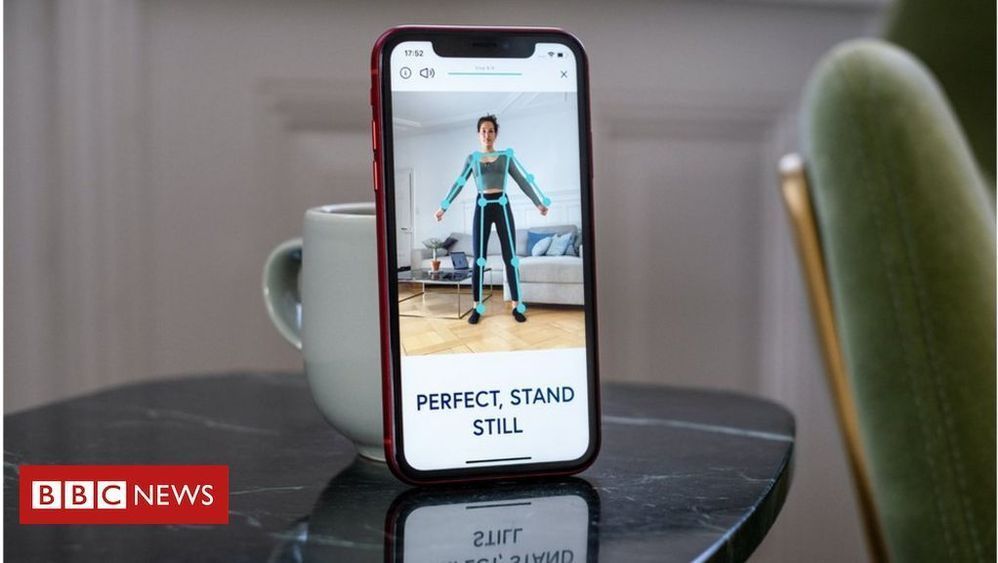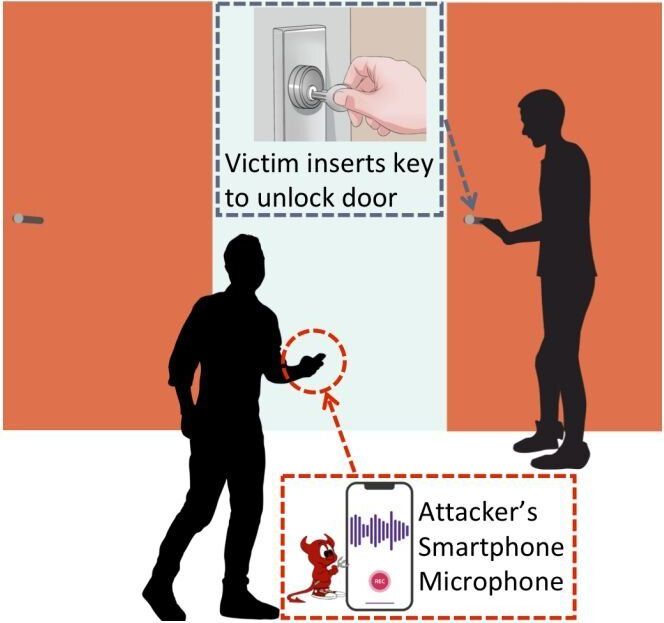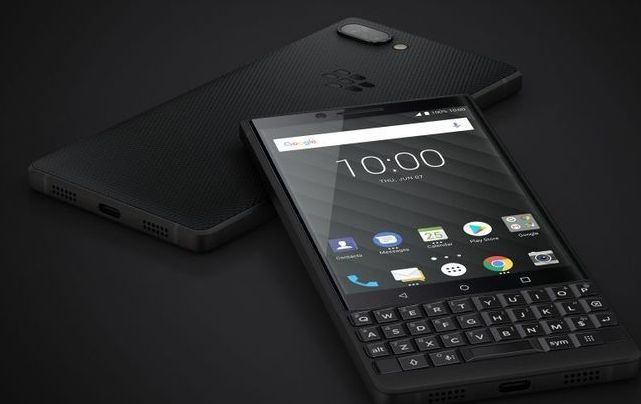While Photoshop can do a pretty good job at removing shadows from faces, there’s a fair amount of legwork involved. One scientist has shown that neural networks and artificial intelligence can produce some very impressive results, suggesting that it will soon be a part of how we edit our photos.
Károly Zsolnai-Fehér of Two Minute Papers and the Institute of Computer Graphics and Algorithms, Vienna University of Technology, Austria, just released a video demonstrating how he has taught a neural network using large data sets to recognize and eliminate shadows from a face in a photograph. As detailed in the video, the neural network was taught by giving it photographs of faces to which shadows had been added artificially.
Given its effectiveness and the quality of the results, it seems only a matter of time before smartphones give you the option to remove shadows. In theory, you might even be able to switch on shadow removal while taking the photograph.








